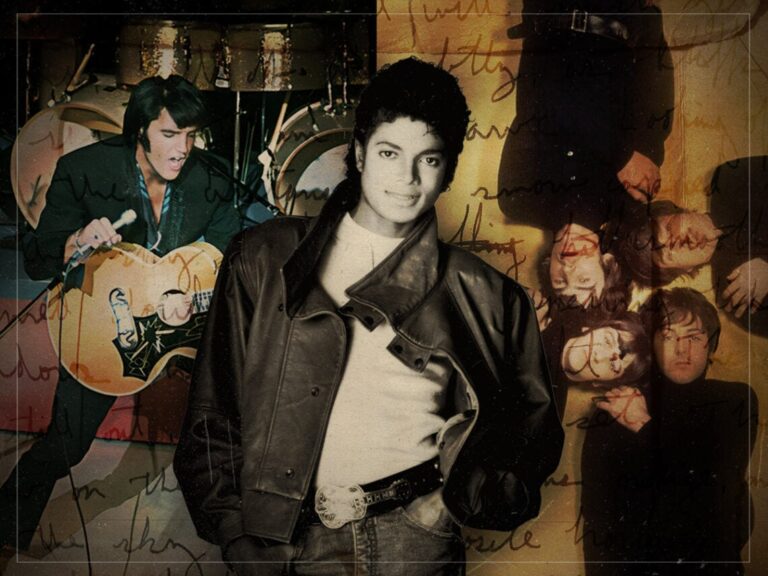Pop legend Michael Jackson once shared a close friendship with former Beatles bassist Paul McCartney, which led to several creative projects. However, their bond ended sharply in 1985 when Jackson aggressively outbid McCartney by paying $47.5 million for the publishing rights to The Beatles’ catalogue.
This move enraged McCartney, especially since he had initially tipped Jackson off about the auction. Feeling betrayed, McCartney’s anger is reflected in a series of letters Jackson wrote at the time, where he openly criticizes The Beatles, Elvis Presley, and Bruce Springsteen, showing no affection for any of them.
Recently uncovered by a British tabloid, these letters reveal Jackson’s frustrations as a Black artist navigating a predominantly white music industry. He candidly expressed how white musicians were crowned cultural icons, while Black artists struggled for similar recognition.
Jackson challenged the accolades given to Elvis as ‘The King of Rock and Roll’ and Springsteen as ‘The Boss.’ Although he himself was dubbed The King of Pop, he believed many Black artists possessed equal or greater talent but were denied due credit.
His criticism of The Beatles’ worldwide fame, partly built on Black music roots, echoed sentiments John Lennon himself voiced. In a 1975 interview on The Tomorrow Show, Lennon said: “The Beatles just carried it a bit further, made it a bit more white, even more than Elvis did, because we were English.”
Michael Jackson’s fight against racial bias in music
In the letters, Jackson stated: “Throughout history, white men have always branded the pages of history with Great White Hopes… Elvis being the King of Rock and Roll, Springsteen being The Boss, and The Beatles being the best.” He did acknowledge The Beatles were “good,” but added they “weren’t better singers or dancers than the Blacks.”
Jackson claimed white-controlled media “make the public believe whatever they desire.” He vowed to change this through his art, writing: “I will change this NOW with the power of my songs and dance and looks and total reclusiveness and mystery world. I will rule as the King.”
He dismissed Elvis’ claim to the throne and declared he would “show Springsteen who’s boss.” Although admitting he was “very angry,” Jackson insisted his ultimate goal was unity, stating: “White children can have Black heroes so they don’t grow up prejudiced.”
“My goal is to become so ‘Big’, so powerful. To become such a hero, to end prejudice. To make these little white kids love me by selling over 200,000,000 albums,” he wrote. “All of this put a fire in me… I did it over anger. To get even. To prove myself. I love white people, Black people, all races. I want what’s fair. Now is the time for my kingship forever. I want all races to love as one.”
While his tone was sharp at times, Jackson’s core message was about empowerment and fairness. He made clear that if he needed to work harder than white artists to reach the top, he would do so—if it meant breaking down racial barriers in the process.
See the letter below.
